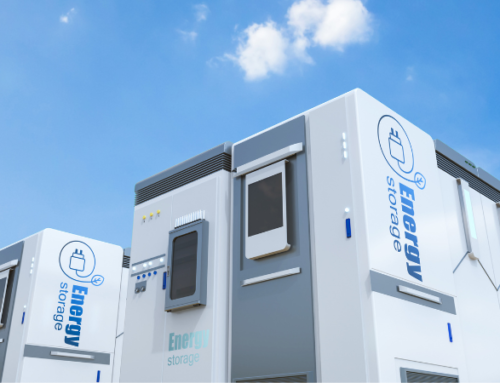So you recently purchased a business or sold your business. Congratulations! Now, what to do with that energy supply contract. Whether you bought a business that has an existing energy contract in place, or you sold your business and still had some time left on your agreement, here’s everything you need to know.
Energy Contract And Changes In Business Properties
If you’re changing business properties, selling your business, or buying a new business property, it’s important to think about the energy contract! Yes, we know the electricity and/or natural gas supply contract might be the last thing on your mind; however, you could be exposing yourself to a large early termination fee if you do not properly handle the contract. Furthermore, current energy market prices have been much higher than prices just a few years ago. So, if you are buying a business that is still under a fixed-price contract from the past, it could be in your best interest to assume the contract and save money. Here’s what you need to know when buying or selling a business.
Selling A Business: What To Do
If you’re selling your business and you still have some time left on your fixed-rate energy agreement, you want to avoid canceling the contract too early. In almost all cases, the supplier will charge you an early termination fee if you decide to leave the contract before it expires. It’s always best to notify the supplier that you are selling the business in order to explore your options. If the market is higher than when you first signed the contract, then the supplier might even be willing to let you out of the agreement early with no fees. Here are some tips to keep in mind when selling your business:
- Find out if the contract is transferable and how to transfer it
- Ask for a calculation of the early termination fee
- Request to cancel the contract with no penalty
Some retail energy supply contracts have clauses if you move business premises or sell the business that allow you to cancel early. It is important to read the details of your agreement before you sell the business or close your utility account.
Buying A Business: What To Do
If you’re buying a business, it’s important first ask if the business has an existing fixed-rate agreement with an energy supplier. If they do, you should request a copy of the agreement, check the rate and term, and compare it to the local utility price. If you get lucky, the business could have a favorable fixed-rate that doesn’t expire for some time. If that’s the case, then you should contact your energy broker or the energy supplier to see if the contract can be transferred to you. If the rate is not favorable, then you should do everything in your power to avoid having to take over the contract. Here are some tips when buying a business:
- Keep the utility account the same if you want to keep the contract
- You can even avoid utility deposits if you do not change the utility account
- Contact an energy broker to find out if the contract is transferable
Hiring An Energy Broker Can Make Your Life Easier
Changing business premises or buying a new business can be hectic enough. Having to manage old and new vendors can just add to your stress. Hiring an energy broker to negotiate with energy suppliers, decipher energy contract language, and help you shopping for energy plans could be the best way to streamline a business sale. Most energy brokers have lots of experience with these types of scenarios and can give you advice on your best course of action.
Need Help Managing Your Energy Accounts Through Your Business Sale?
Our team of energy experts has over 100 years of combined experience in the retail and wholesale energy markets. We have helped manage utilities for hundreds of commercial businesses through acquisitions and business sales. In addition, we have long-standing relationships with the nation’s leading energy suppliers and can help you with your business purchase or sale. Contact us today to learn more about how we can help.



